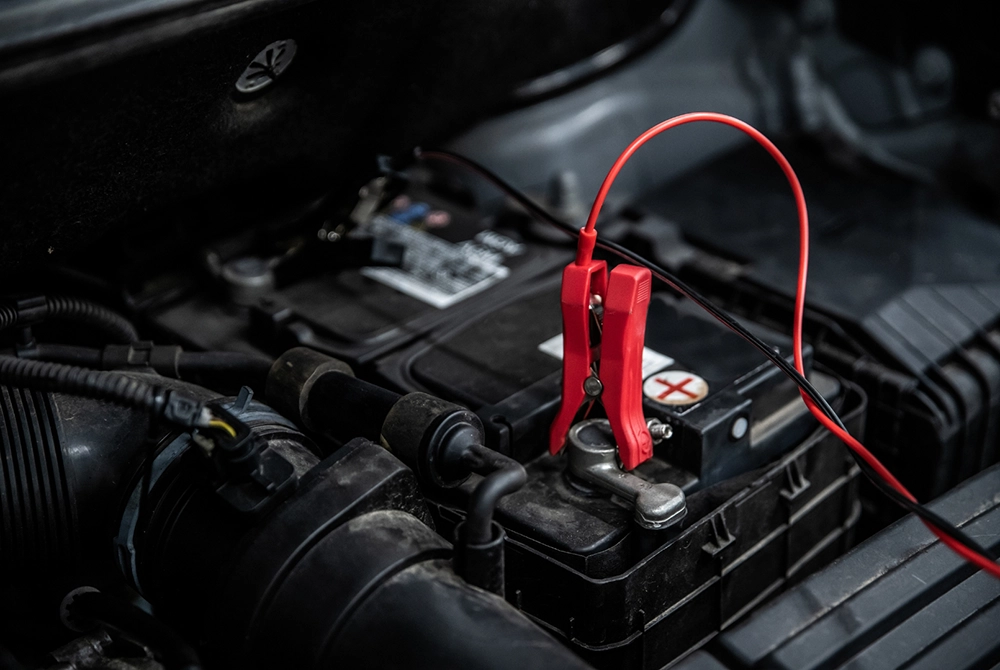Maintaining your Car During Winter
Now that we are getting deep into Winter it’s important to understand the effects the weather can have on your vehicle. It’s common knowledge that colder temperatures can have an adverse effect on cars but what does this actually entail?

General Maintenance
Thickening Fluids
Colder temperatures can cause the fluids in your vehicle to thicken, restricting their ability to flow freely. This includes brake fluid, engine oil and screenwash. It’s good practice to regularly check and top up fluids throughout Winter and to ensure the correct formulas are used.

Car Battery
Low temperatures interfere with the batteries ability to hold a charge, as the battery uses a liquid solution that gets negatively affected by colder temperatures. Additionally, the increased use of heaters and lights, due to the darker and colder days, increases the strain the car battery experiences.

If the car is used for regular short trips it may not be recharging to max capacity and this can have an adverse effect which is only amplified during Winter. One of the best ways to prevent the battery from going flat is to charge it at least once a week during cold temperatures, especially if it is a few years old.
Properly Warming your Engine
During Winter it’s important to note that your engine will also be struggling with the cold. When starting your car in the morning it’s a good idea to let it rest for a minute, to ensure that the engine has been fully lubricated. As mentioned above, during Winter the engine oil, responsible for lubricating, will be thicker and move around the engine slower than usual.
While it’s not necessary to leave the vehicle for up to 20 minutes, it’s a good idea to take it easy on the RPM, driving gently until the temperature gauge has moved away from the cold reading.
How does Cold Weather Affect my Suspension?
Suspension is an important aspect of the vehicle. It is imperative for providing safety and comfort to those inside the vehicle.
Stiff Shocks
Shock absorbers use hydraulic oil to absorb shocks in the road. Much like the rest of the fluid in the car, this can become thick and restrict the necessary flow. This can result in noticeably stiffer shocks while driving. Additionally, the rubber bushings used in the suspension can become hard and also lose some of their absorbing ability.
Premature Wear
With icy road conditions there will be a lot more grit salt on the roads. Lengthy exposure to this salt can cause metal parts to corrode and begin rusting. It’s essential to regularly check the undercarriage and ensure any residual salt is washed off to avoid any premature wear.

In addition, the reduced traction and stability caused by icy conditions can increase the workload on the suspension system, which will also accelerate wear and tear.
Underinflated Tyres
Colder temperatures can also cause tyre pressure to drop. This will most likely result in uneven tyre pressure, which causes excessive wear to suspension components while also increasing fuel consumption.
Not only is it important to maintain correct tyre pressure for the safety of those in the vehicle and the integrity of the suspension, it will also offer a better grip on the icy roads.
